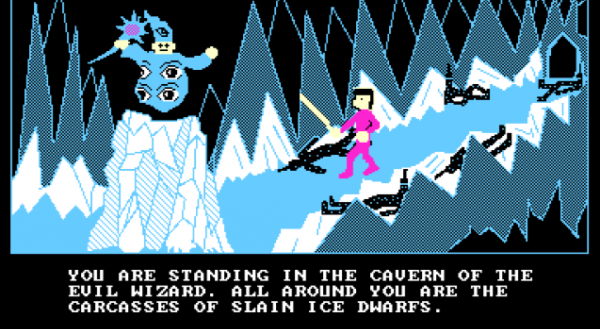Build a Gaming PC Algorithm
- Have a budget planned out.
- What you are willing to spend will dictate the kind of parts you may acquire and the kind of gaming pc you get. If you want to play games on ultra high settings at high resolution and frame rates, you will need a bigger budget.
- Research on the web.
- There are many resources on the web. One website I would recommend is pcpartpicker.com and there are multiple YouTube channels dedicated to picking out parts. What is great about pcpartpicker.com is that it will show if the parts are compatible with each other or not and will have an estimate of how much it would cost. There are also sample builds to view as guides.
- Select a CPU.
- The brands to choose from are AMD and Intel. Depending on the applications you plan on running with your PC and the type of CPU you want. If you want a CPU with integrated graphics, AMD would be a good choice. If you plan on multitasking such as live streaming while gaming a multi-core dedicated CPU such as Intel is a good choice. For gaming a quad-core processor or high is recommended. CPUs can range from $85 to over $1000. Make sure to select one that is within your budget
- Selecting a Motherboard.
- This primarily depends on the CPU that was selected. Make sure the socket number matches the socket that your CPU has. Also make sure that your motherboard is fully compatible with your CPU. Consider the features the motherboard has such as bluetooth and Wi-Fi.
- Selecting Memory.
- Make sure the clock speed on the RAM supports your CPU. For a gaming pc, 12 GB of RAM is recommended with 8 GB at minimum.
- Selecting Storage.
- Generally you can choose to have a hard disk drive ( hard drive or HDD) or a solid state drive (SSD). With a hard drive you can acquire larger storage capacity for a relatively low price. SSD’s have no moving parts and run faster at higher reading and writing speeds but will be more expensive. SSD prices are coming down and are becoming more affordable. SSD’s will shorten load times for your games. Consider this when selecting your budget.
- Selecting a graphics card.
- The brands to choose from are AMD and Nvidia. For an entry level gaming pc, it doesn’t matter. For multi-monitor configuration AMD’s eyefinity technology and memory capacity makes an AMD a good choice. Nvidia’s physx allows more particle affects in games that support it. For more special effects and features in games, Nvidia is a good choice. Also consider any special deals when purchasing a graphics card. Sometimes you can get one or more free games with purchasing certain graphics cards.
- Selecting a power supply.
- Make sure your power supply is 80 plus certified and has a good warranty of at least three years. I would recommend a semi modular or fully modular power supply to make cable management easier when installing your parts into a case. To make sure the power supply has enough power, pcpartpicker.com has a wattage calculator and will show you if the power supply you selected will work with all of the other parts you chose.
- Selecting a case.
- All of your parts need a house to stay in. There are many types of cases to choose from depending on your needs. Generally a mid-tower ATX PC case should work just fine. If you are constantly tinkering with your PC and have enough space, consider a full tower. If you plan on traveling a having LAN parties, consider a mini tower. There are also cases that have sound dampening material for those who want their computers to not make a lot of noise when running. Make sure your case has sufficient air flow for your computer to run nice and cool.
- Selecting an operating system.
- For gaming, Microsoft’s Windows is the definitive choice. Although you can play games on macOS and Linux it is widely agreed upon that to play the latest and greatest games, Windows is a must.
- Selecting Peripherals.
- You need peripherals to interact with your computer! A monitor, mouse and keyboard are necessary. For a monitor or high definition television ( HDTV) get one that has a refresh rate of minimum 60 Hz with 120 Hz recommended. A pair of Speakers is essential for sound if you are getting a monitor but if you choose to use a high definition television it is optional. If you plan on gaming primarily on a keyboard and mouse, it wouldn’t hurt getting a gaming keyboard and a gaming mouse. If you want a console-like experience you can acquire a gamepad and a headset. The Xbox brand controllers are fully compatible with Windows operating systems.



